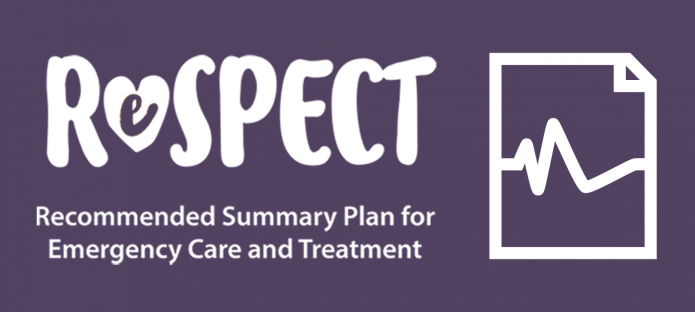The Royal College of Physicians (RCP) has published updated guidance for clinicians on talking about dying, which references the Recommended Summary Plan for Emergency Care and Treatment (ReSPECT) Process.
The updated guidance: ‘Talking about dying 2021: how to begin open and honest conversations about what lies ahead’, provides advice and support for doctors having conversations with patients who are coming to the end of their lives.
Published during Dying Matters Awareness week (10-16 May), the RCP’s new recommendations for physicians recognise the value of the ReSPECT Process, stating:
"Resuscitation Council UK’s ReSPECT (Recommended Summary Plan for Emergency Care and Treatment) process can be used to support conversations and documentation.”
The updated guidance also usefully highlights key mythbusting information to tackle common misunderstandings about cardiopulmonary resuscitation (CPR).
Resuscitation Council UK (RCUK) welcomes the publication of this guidance, which updates the ‘Talking about dying’ report originally published by the RCP in 2018.
Responding to the publication of the updated guidance, Sue Hampshire, Director of Clinical and Service Development at Resuscitation Council UK said:
“The ReSPECT process supports professionals, patients and / or their families having a sensitive and person-centred conversation to make a plan for a future emergency in which they may not be able to communicate this information themselves.
“The ReSPECT process supports the important principle of personalised care and aims to develop a shared understanding of the patient’s condition, the outcomes the patient values and those they fear and then how realistic treatments and interventions, such as cardiopulmonary resuscitation, fit into this.
“We hope that the updated guidance from the RCP helps doctors have meaningful conversations with their patients who have a progressive or terminal diagnosis. The pandemic has highlighted that person-centred care planning conversations are needed now, more than ever.
“RCUK advocates for the benefits of advance care planning to address the needs of our ageing population, many of whom have multiple long-term conditions, and to empower patients at the end of life.”
